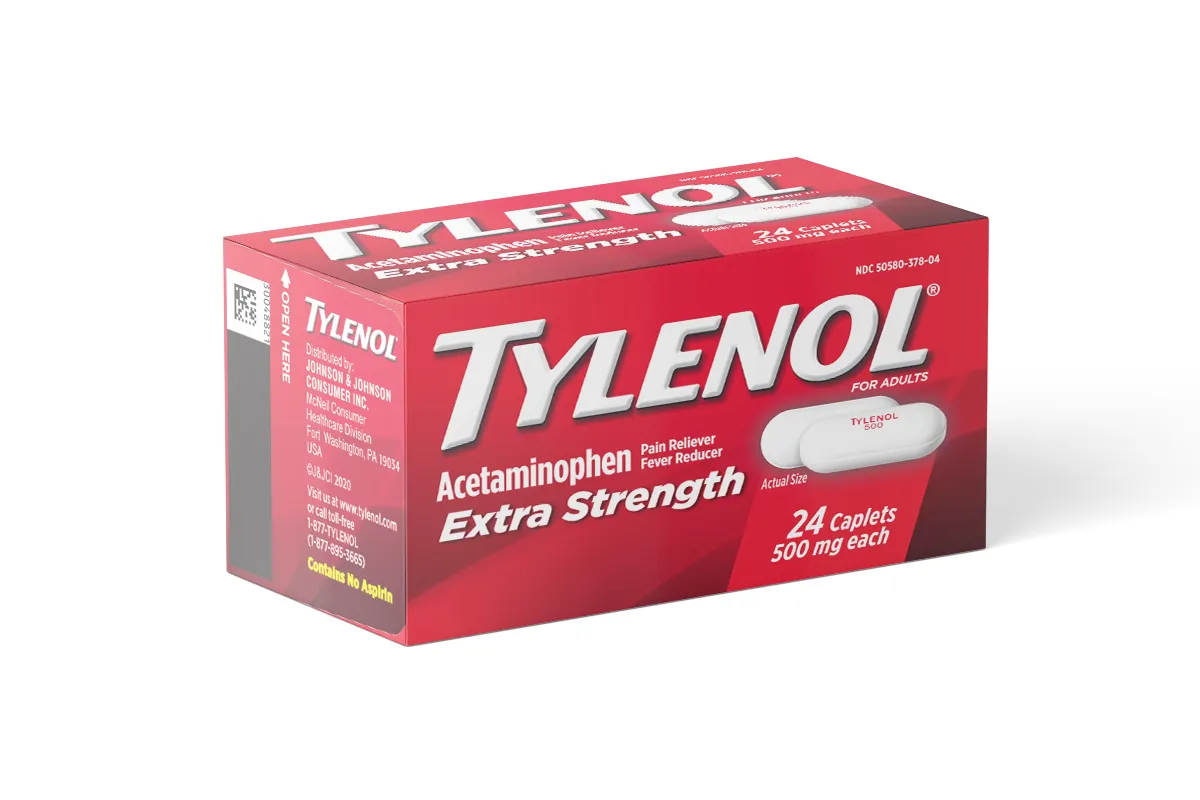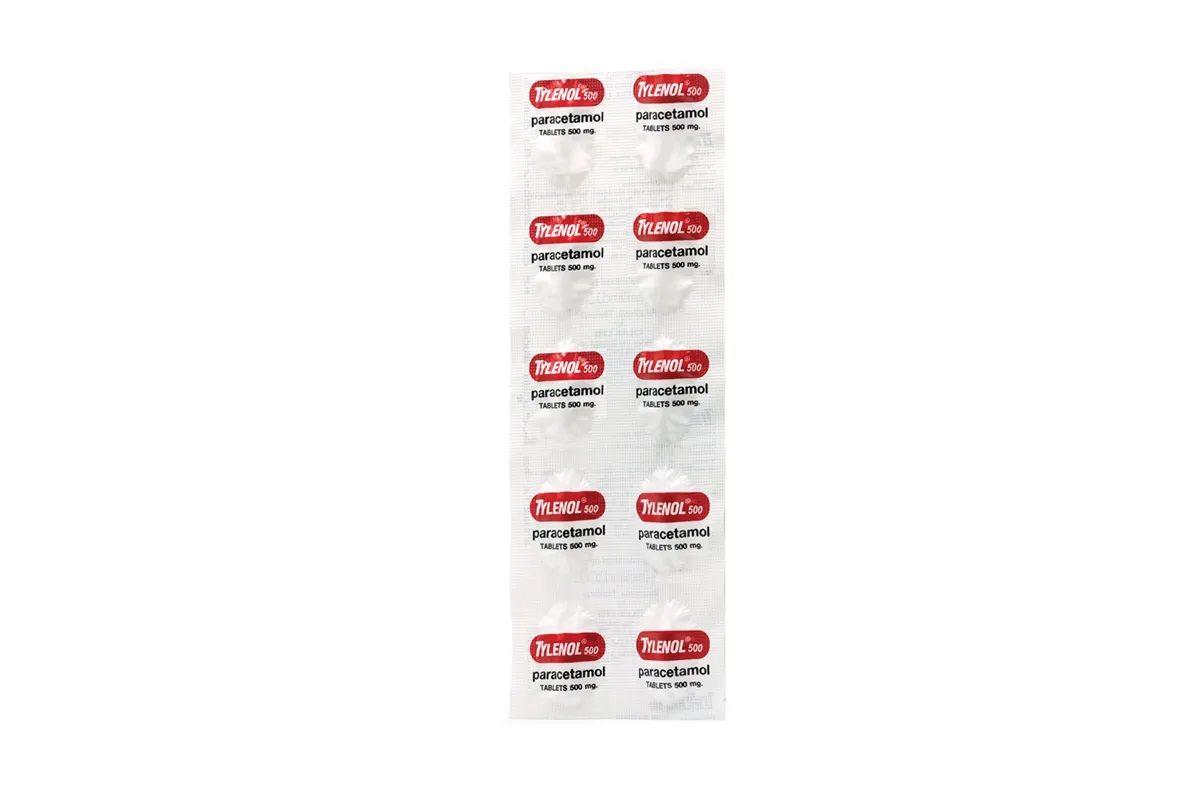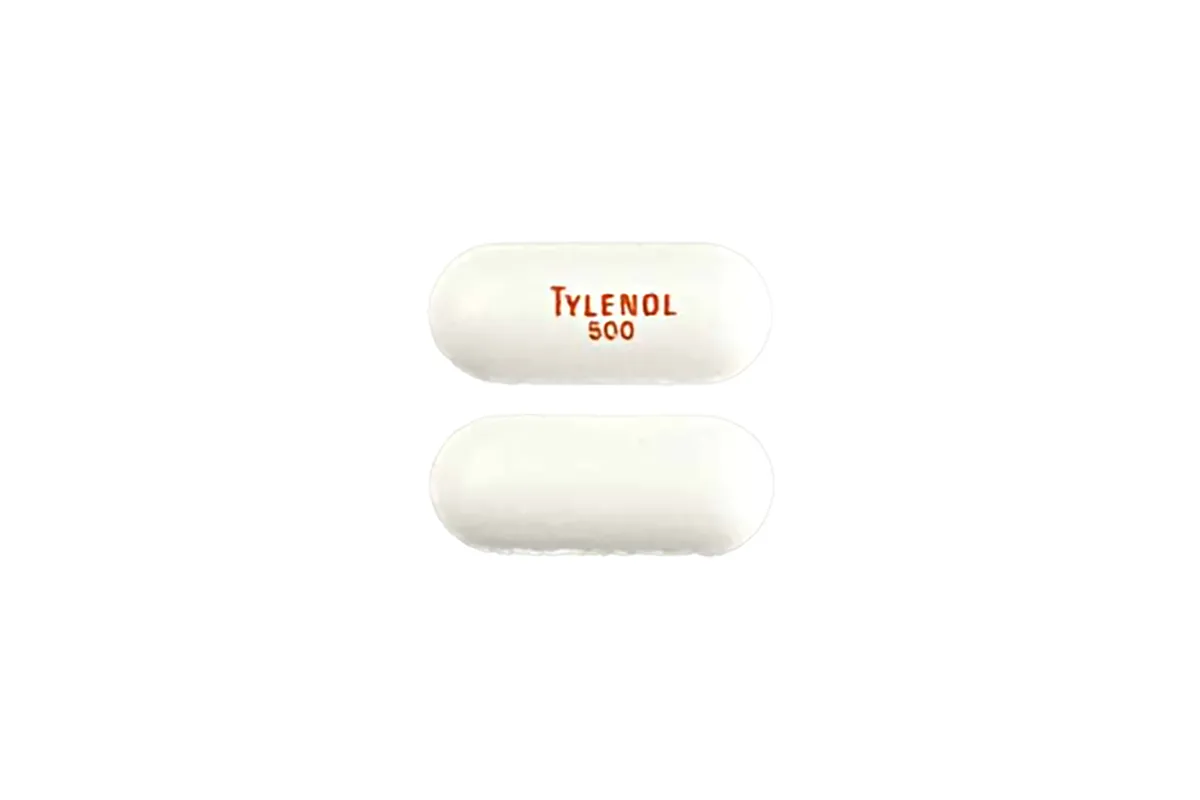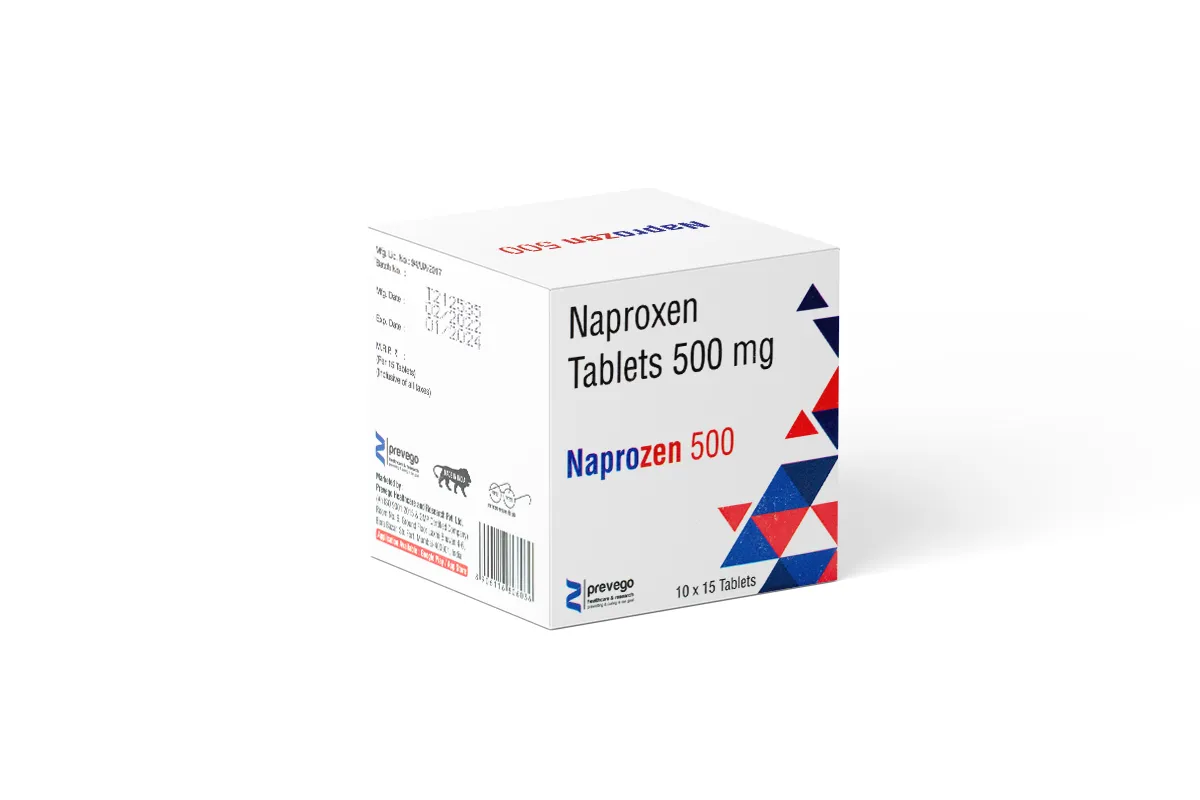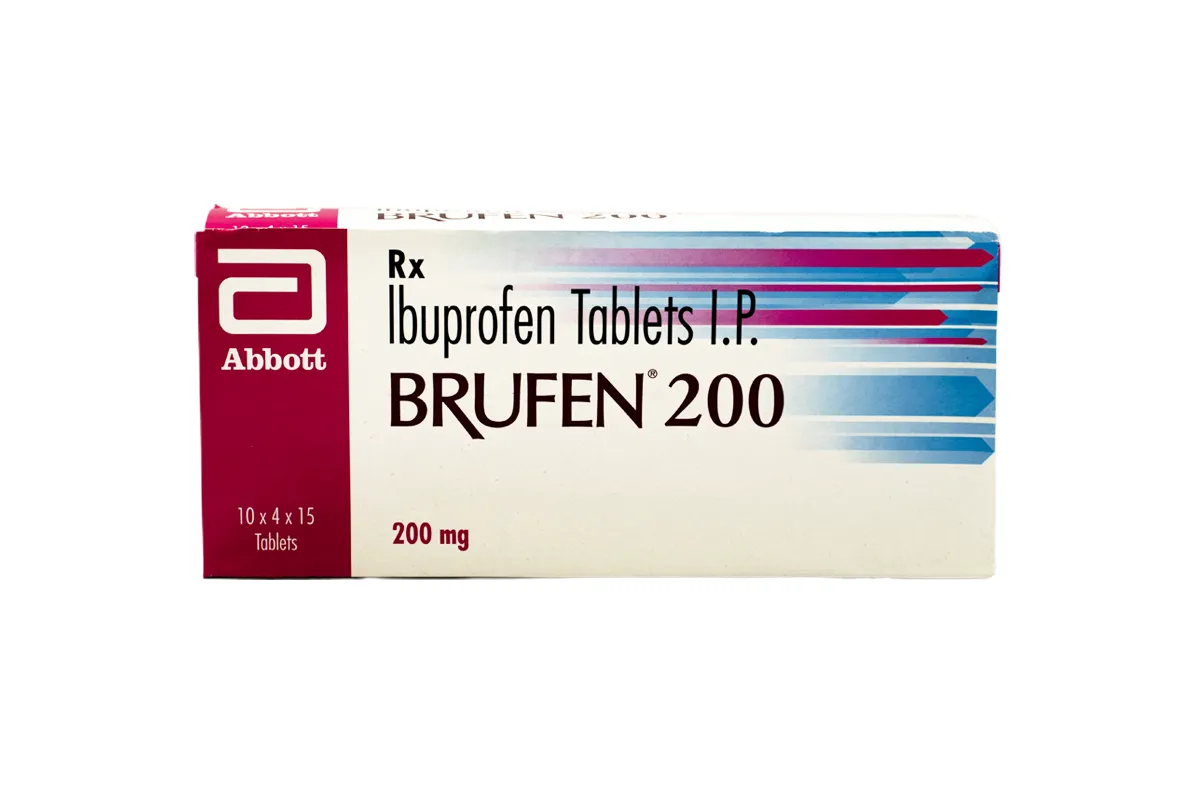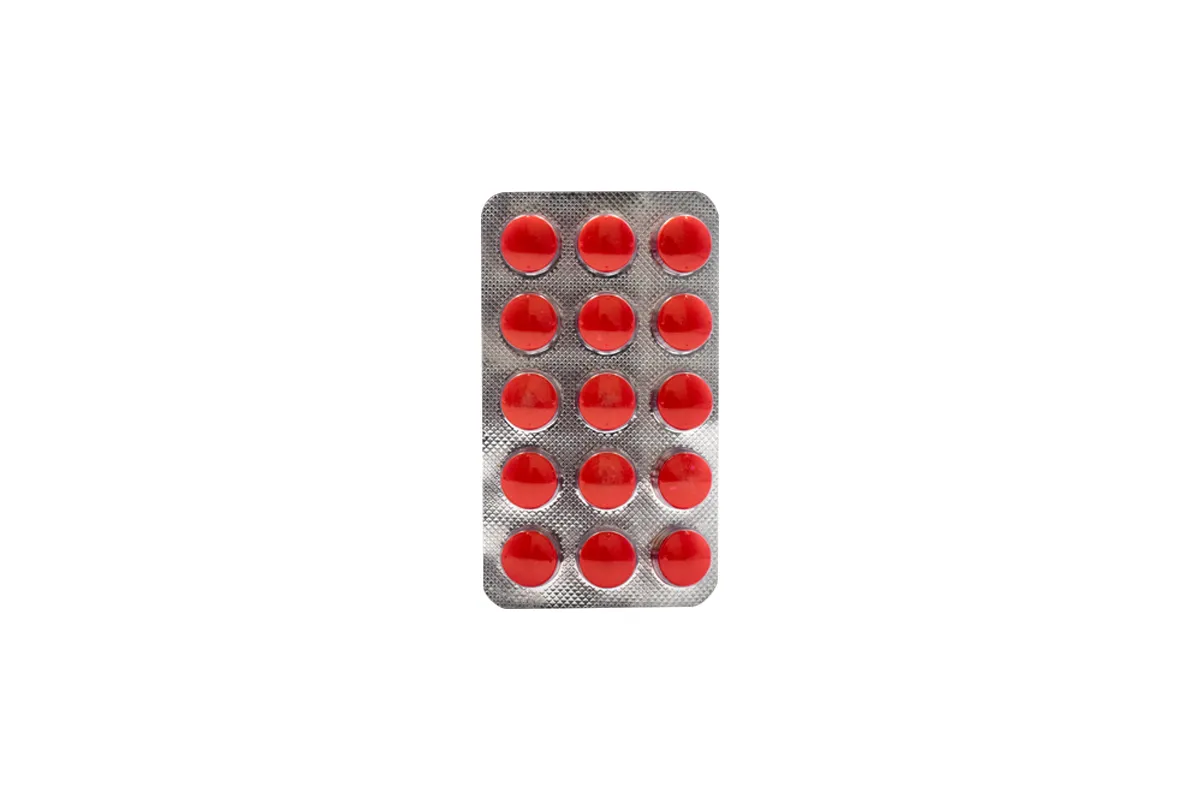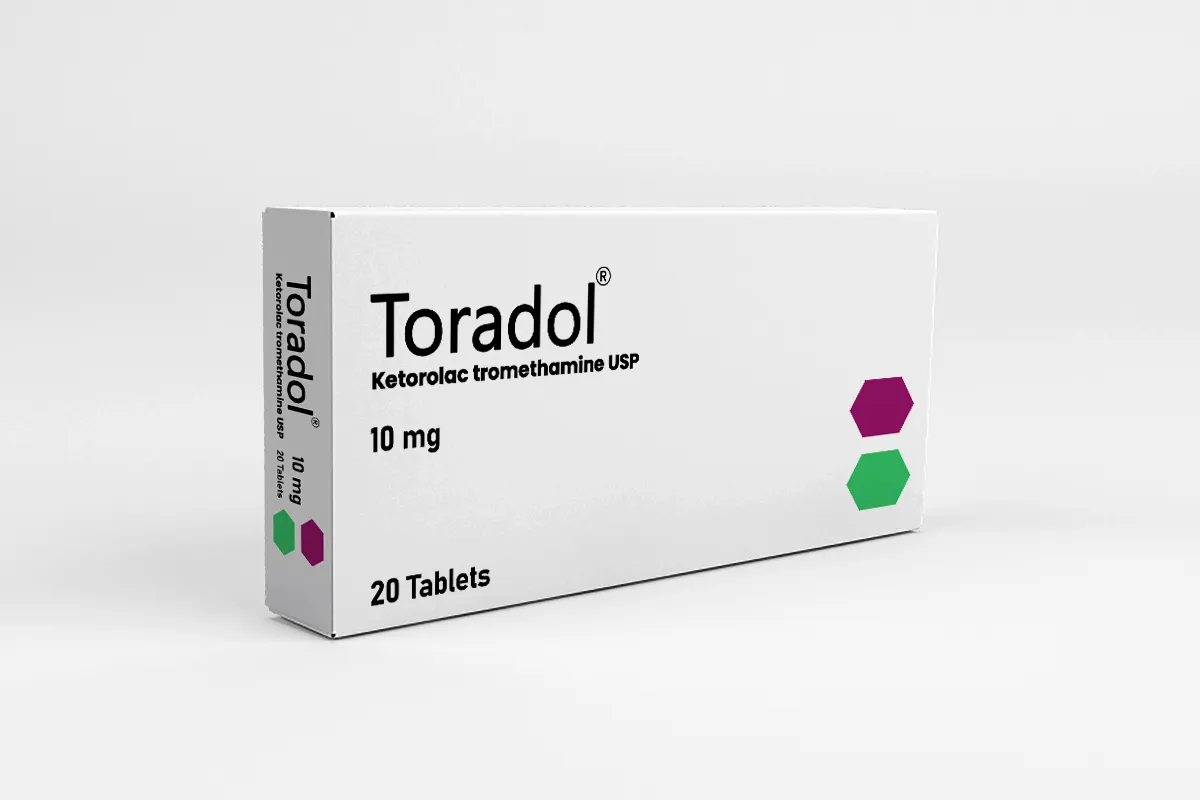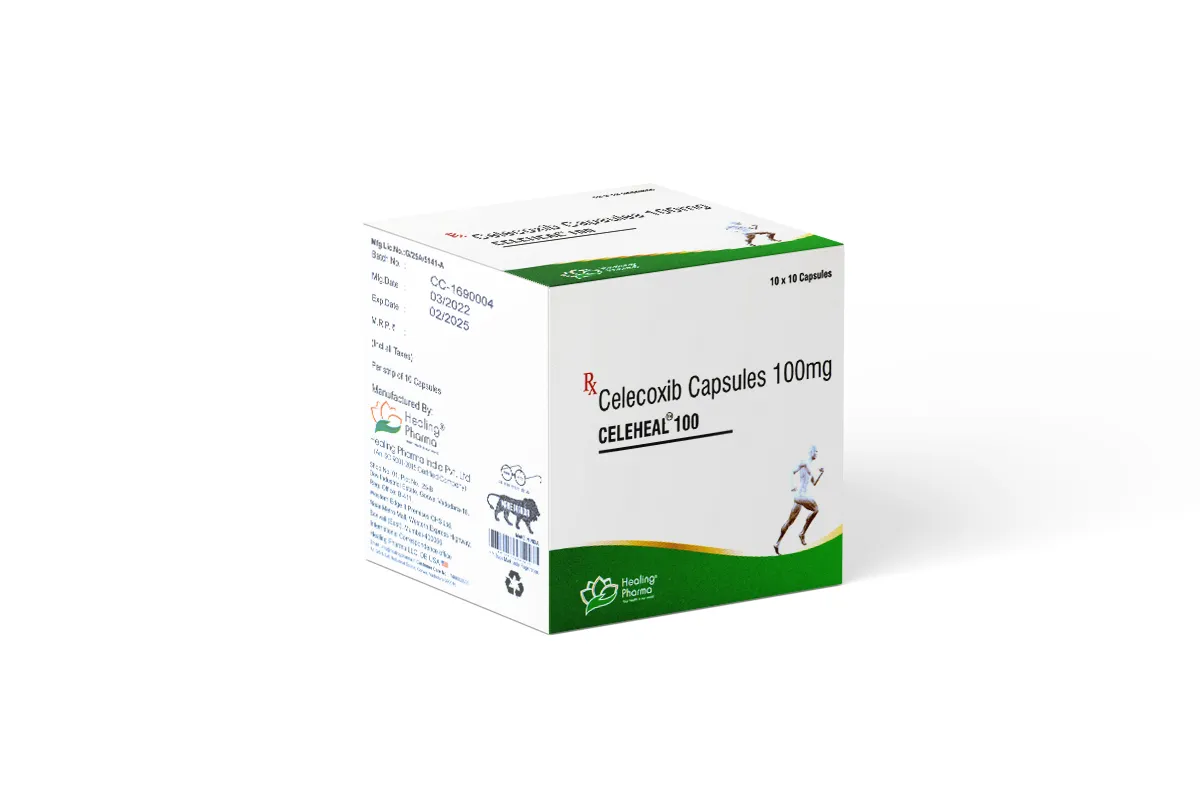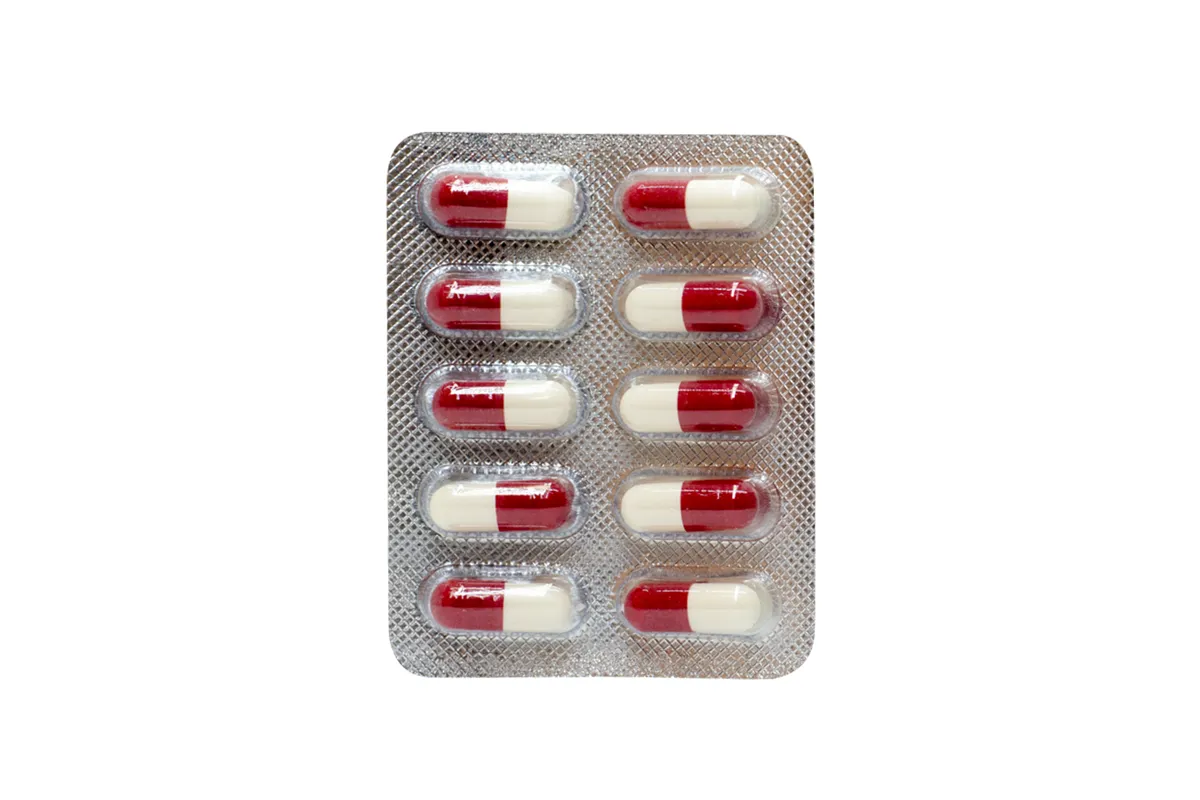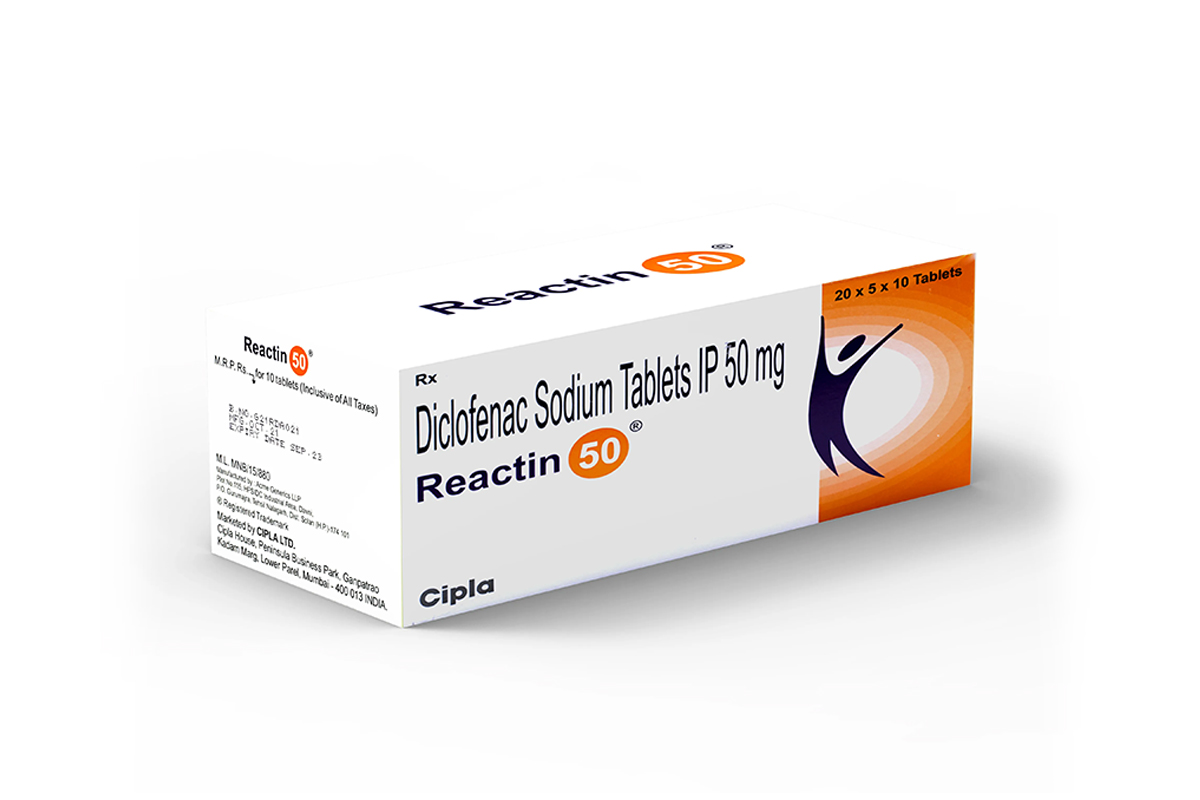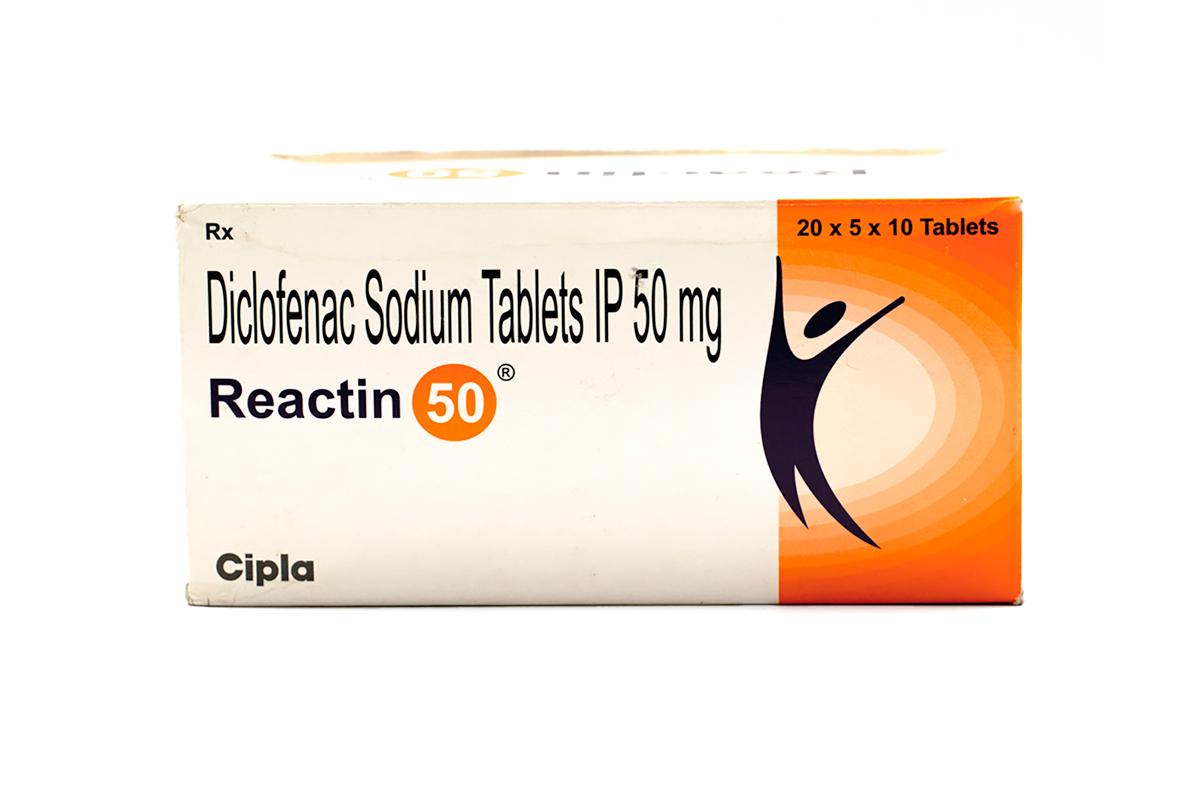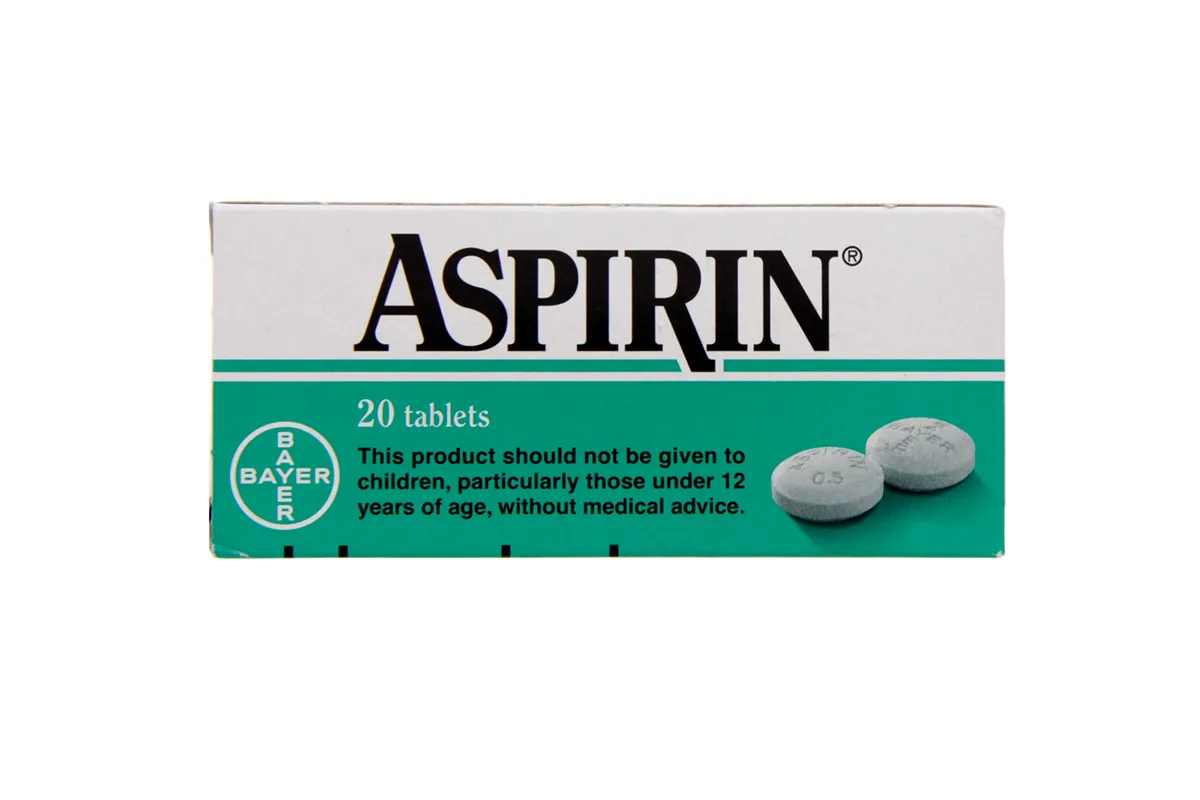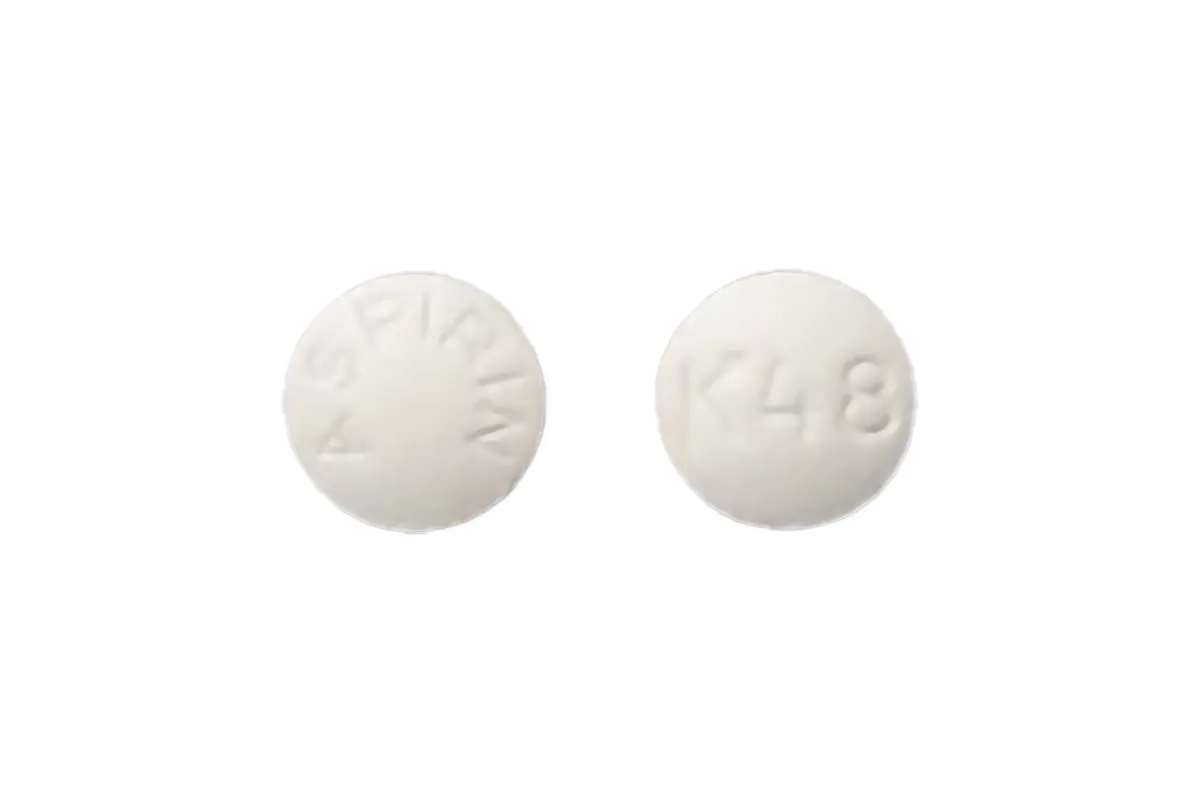Suggested Medicines
Tylenol was first introduced in the US in 1955 by the pharmaceutical Company McNeil Laboratories. Acetaminophen is the active ingredient in Tylenol, it was discovered and synthesized in the late 19th century, but it was not classified until the 20th century that it was developed as a pain reliever and fever reducer.
A Brief On Tylenol
Tylenol is the brand name of Acetaminophen. Tylenol belongs to two medication classes: analgesics (pain relievers) and antipyretics (fever reducers). It is used to relieve mild to moderate pain and reduce fever. Tylenol (Acetaminophen) is one of the most commonly used over-the-counter (OTC) pain reliever medications in the united states.
How Does Tylenol Work?
Tylenol (Acetaminophen) works by inhibiting the making of prostaglandins, which are chemicals that cause pain and inflammation in the body. Acetaminophen works by blocking the action of an enzyme called cyclooxygenase (COX) which is involved in the production of prostaglandins.
Usages Of Tylenol
As mentioned above, Tylenol is used to relax muscle pain and reduce fever, and it uses to treat several common conditions, such as including muscle aches, backaches, toothaches, sore throat, migraine, colds, fevers, flu, and arthritis plus tylenol for cramps is also useful treatment.
Tylenol (Acetaminophen) is prescribed for on-label use and maybe some time for off-label use.
Dosages, Forms And Strengths Of Tylenol
|
Forms |
Strengths |
|
Tablet |
325mng, 500mg |
|
Caplet |
325mg, 500mg, 650mg |
|
Capsule |
325mg, 500mg |
|
Caplet, ER |
650mg |
|
Tablet, oral-disintegrating |
80mg, 160mg |
|
Tablet chewable |
80mg |
|
Solution or suspension, oral |
160mg/5mL |
|
Liquid oral |
160mg/5mL, 500mg/5mL |
|
Syrup |
160mg/5mL |
Precautions To Be Taken For Tylenol
- Inform your doctor about the medical health conditions you have, including kidney or liver disease, regular use/abuse of alcohol
- Tylenol can interact with other medications, including prescription and over-the-counter, so be sure to consult your doctor before taking other medications while using Tylenol.
- Do not drink alcohol; drinking alcohol while taking Tylenol may raise the risk of liver damage, so avoid alcohol while taking Tylenol
- Do not use Tylenol if you have a history of liver or kidney disease
- Do not use Tylenol for a prolonged period. It may cause dependence
Side Effects Of Tylenol
|
Common side effects |
Serious side effects |
|
Dizziness Headache Nausea Sweating Skin rash or itching Upset stomach |
Allergic reaction Confusion Liver damage Loss of consciousness Vomiting |
Interactions Of Tylenol
Interactions can be called as reactions between the medicine, food, conditions. When two drugs are mixed it can either leads to interaction or else can cover the useful effect of the other medicine
- Tylenol (Acetaminophen) may interact with other medications and substances, which may affect the effectiveness of the Metaxalone and may cause serious side effects.
- Alcohol: drinking alcohol while taking Tylenol may raise the risk of liver damage
- Blood thinners: taking Tylenol with blood thinning medication such as warfarin or aspirin may cause the risk of bleeding
- Other pain relievers: taking Tylenol with other pain relievers, such as ibuprofen or naproxen, can cause the risk of side effects and liver damage.
- Antidepressants: certain antidepressan0t medications, such as sertraline or fluoxetine, may raise the risk of bleeding
- Medication for high blood pressure: certain medications for high blood pressure, such as lisinopril or metoprolol, may interact with Tylenol and can increase the risk of liver damage and side effects.
- Supplements: Supplements that contain herbs or vitamins, such as vitamin E or St. John's wort, can interact with Tylenol and increase the risk of bleeding.
Can You Buy Tylenol Online?
Yes, you can buy Tylenol online, but before buying Tylenol online, make sure to choose a reputable and certified pharmacy. Look for a pharmacy website that is approved by FDA and displays the FDA seal on its site. Which indicates that they are licensed and operate in compliance with state and federal laws.
There are many fraudulent websites that sell counterfeit or substandard medication. So be aware of fake and illegal pharmacies while buying Tylenol (Acetaminophen) online.
Can You Get Tylenol Over the Counter?
Yes, you can get Tylenol over the counter. No prescription is required to buy Tylenol. Although it is available without a prescription, taking your doctor's advice before using Clotrimazole is the better option. They may guide you better.
Conclusion
As mentioned above in the blog, Tylenol is a medication that helps relax mild and moderate muscle pain and reduce fever. It is available in various forms, such as tablets, capsules, liquids, and chewable tablets, and is available in different strengths. Choosing the appropriate strength and form of Tylenol for your age and condition is important.
You can buy it online and offline over the counter from a certified pharmacy.


